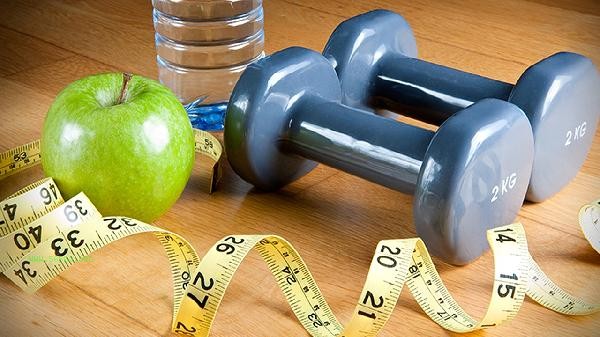During the weight loss period, it is advisable to choose a healthy late night snack while working night shifts. The key is to control calorie intake and food choices. Healthy late night snacks should adhere to the three principles of low calorie, high protein, and easy digestion. We recommend foods such as sugar free yogurt, boiled eggs, and oatmeal.

1. Calorie control:
The metabolic rate decreases at night, and the calorie intake for late night snacks should be controlled within 200 calories. You can choose to pair half an avocado with whole wheat bread, or 200ml skim milk with a small amount of nuts. Avoid high calorie foods such as fried foods, cream cakes, etc., as they can easily lead to calorie surplus.
2. Protein priority:
Protein can prolong satiety and reduce muscle loss. Recommend high-quality protein sources such as ready to eat chicken breast, low-fat cheese, and Greek yogurt. A 100g serving of boiled shrimp contains only 80 calories and 18 grams of protein, making it an ideal night shift snack choice.
3. Low GI carbohydrates:

Choosing carbohydrates with a glycemic index below 55 can stabilize nighttime blood sugar. Foods such as oatmeal Congee, steamed pumpkin, and Mantou are slowly digested, which can avoid sharp fluctuations of insulin. Avoid refined carbon water such as white porridge and biscuits, which are easy to cause hunger rebound.
4. Eating time:
It is recommended to eat during breaks in the night shift, with a minimum interval of 2 hours from sleep. Eating at 3-4 am can affect melatonin secretion and may disrupt the biological clock. If you fall asleep immediately after work, you can choose not to take extra meals.
5. Water supplementation:
Working at night can easily confuse thirst and hunger. It is recommended to drink 300ml of warm water first and wait for 15 minutes before deciding whether to eat. Sugar free flower and fruit tea, lemon water and other zero calorie drinks can also alleviate nighttime appetite.

Night shift workers need to pay special attention to regulating their circadian rhythm for weight loss. In addition to scientifically choosing late night snacks, it is recommended to ensure 7 hours of continuous sleep during the day and avoid strong light exposure 2 hours before bedtime. Daily resistance training can be increased to maintain basal metabolic rate, with three 20 minute high-intensity interval exercises per week. Long term night shift workers should regularly check their blood sugar and lipid levels, and if necessary, use meal replacement products under the guidance of a nutritionist. Maintaining a regular eating rhythm is more important than strictly controlling the calorie intake of a single meal, and fixed meal times can be set to avoid overeating.




Comments (0)
Leave a Comment
No comments yet
Be the first to share your thoughts!